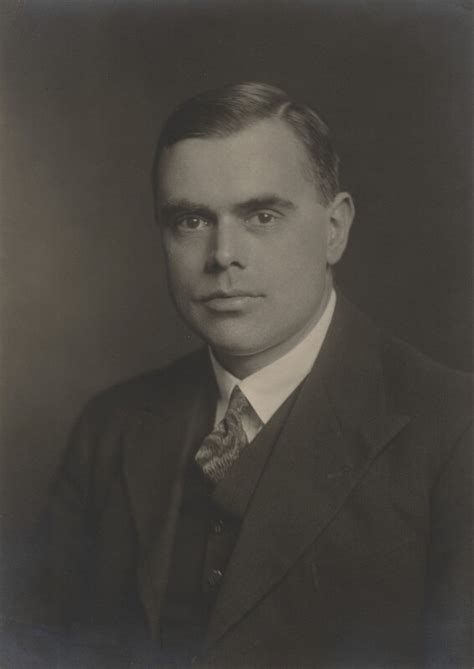A Quote by Georg C. Lichtenberg
It is certainly not a matter of indifference whether I learn something without effort or finally arrive at it myself through my system of thought. In the latter case everything has roots, in the former it is merely superficial.
Related Quotes
What is the cause that one is hardened, and another readily moved to compunction? Listen! It springs from the will, in the latter case a good will, in the former an evil one. It springs also from the thoughts, in the former case evil thoughts, in the latter from the opposite; and similarly from actions, in the former case actions contrary to God, in the latter godly ones... it is by free choice of the will that every person either attains compunction and humility, or else becomes hard-hearted and proud.
If mythic violence is lawmaking, divine violence is law-?destroying; if the former sets boundaries, the latter boundlessly destroys them; if mythic violence brings at once guilt and retribution, divine power only expiates; if the former threatens, the latter strikes; if the former is bloody, the latter is lethal without spilling blood
The electrical matter consists of particles extremely subtile, since it can permeate common matter, even the densest metals, with such ease and freedom as not to receive any perceptible resistance.
If anyone should doubt whether the electrical matter passes through the substance of bodies, or only over along their surfaces, a shock from an electrified large glass jar, taken through his own body, will probably convince him.
Electrical matter differs from common matter in this, that the parts of the latter mutually attract, those of the former mutually repel each other.
What is any political campaign save a concerted effort to turn out a set of politicians who are admittedly bad and put in a set who are thought to be better. The former assumption, I believe is always sound; the latter is just as certainly false. For if experience teaches us anything at all it teaches us this: that a good politician, under democracy, is quite as unthinkable as an honest burglar.
As in a Russian doll, however, the outer layers always contain an inner core. Instead of evolution having replaced simpler forms of empathy with more advanced ones, the latter are merely elaborations on the former and remain dependent on them. This also means that empathy comes naturally to us. It is not something we only learn later in life, or that is culturally constructed.
The difference between a man who is led by opinion or emotion and one who is led by reason. The former, whether he will or not, performs things of which he is entirely ignorant; the latter is subordinate to no one, and only does those things which he knows to be of primary importance in his life, and which on that account he desires the most; and therefore I call the former a slave, but the latter free.
Truthiness is tearing apart our country, and I don't mean the argument over who came up with the word. I don't know whether it's a new thing, but it's certainly a current thing, in that it doesn't seem to matter what facts are. It used to be, everyone was entitled to their own opinion, but not their own facts. But that's not the case anymore. Facts matter not at all. Perception is everything.




































